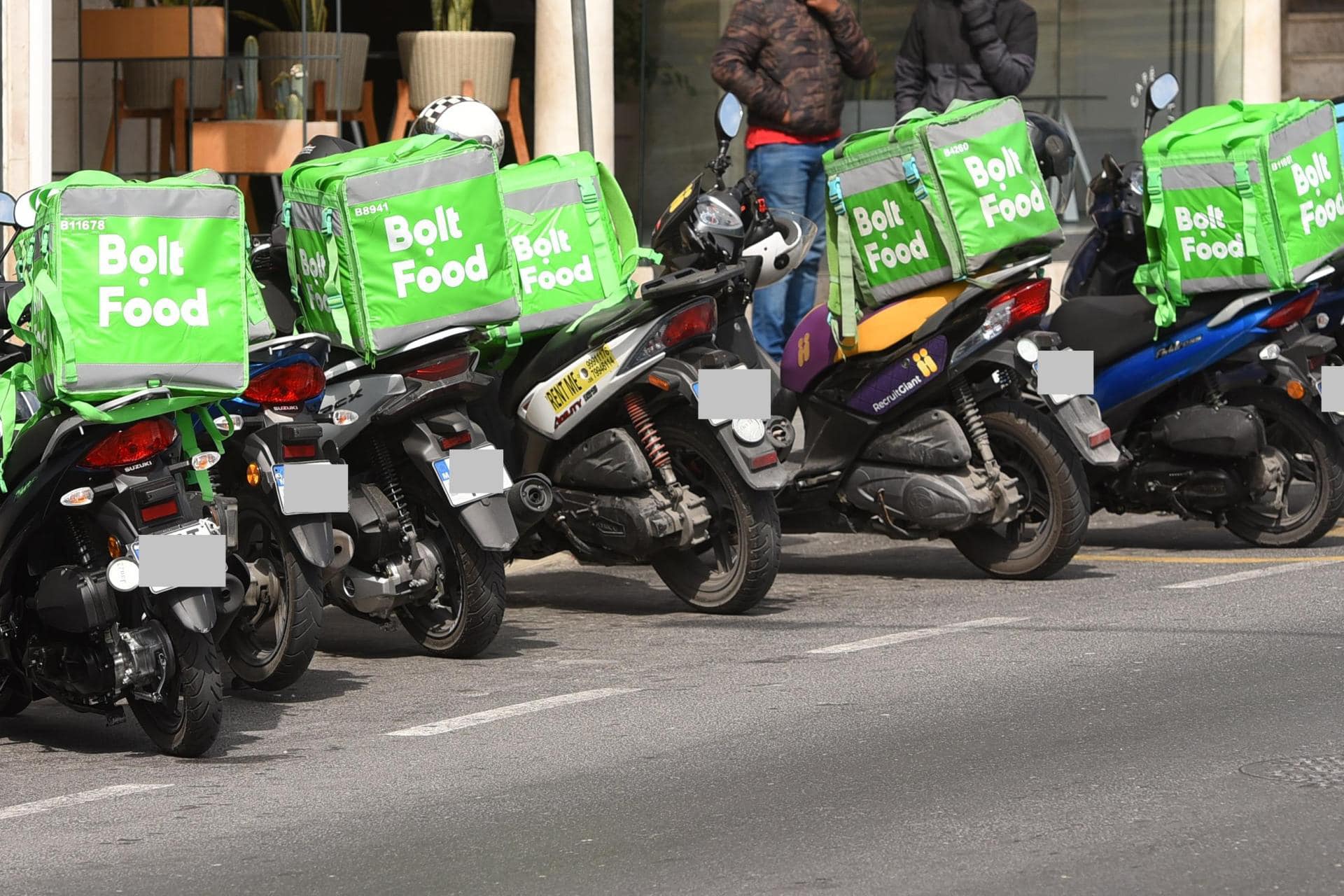More than 1.07 million inbound tourists in 2024 chose to stay in “other rented” accommodation – a category that includes properties listed on platforms such as Airbnb. This represents roughly 30 per cent of all inbound visitors, reflecting a steady upward trend over recent years.
This also means that the share of tourists staying in Airbnb-style accommodation has increased by 50 per cent since 2021. The figure has grown significantly from 201,084 in 2021, to 564,660 in 2022, 799,176 in 2023 and 1,070,892 in 2024.
The data was provided in response to a parliamentary question tabled by Labour MP Edward Zammit Lewis to Deputy Prime Minister and Minister for Foreign Affairs and Tourism, Ian Borg. MP Zammit Lewis had asked about the number of inbound tourists staying in “Airbnb-type accommodation” from 2021 onwards.
In his reply, Minister Borg clarified that Airbnb itself is not a category of accommodation but rather a platform through which users can book various property types. Such stays, he explained, are typically classified under the “other rented” category.
This category includes holiday furnished premises (farmhouses, flats and villas), host families, marinas, paid convents, rented yachts and student dormitories.
Collective accommodation accounted for over 2.17 million tourists. Together with those staying in “other rented accommodation,” this brought the total number of tourists in rented accommodation to around 3.25 million. Meanwhile, approximately 318,581 tourists opted for non-rented accommodation.
Earlier this month, the Malta Tourism Authority unveiled a series of proposals for the hospitality sector.
These include requiring short-let accommodations to provide a 24/7 complaints phone line for neighbours and limiting the number of guests to six per unit.
Additionally, a “cooling-off” period has been proposed, mandating that apartments remain vacant for three months before they can be licensed for short-let use. This measure aims to discourage conversions from the long-term rental market and has sparked mixed reactions within the industry, including from the Chamber of SMEs.
‘Now is the time to review lessons learned from the recent storm’ – MHRA
The MHRA has called a meeting to be better prepared for such future storms
Inflation edges upwards in December
Malta's Retail Price Index rose to 2.7%, indicating moderately increasing prices
Malta set for collateral damage if US slaps tariffs on EU countries over Greenland spat
US President Donald Trump has threatened to raise new tariffs on goods from six EU states. Can he do that?






